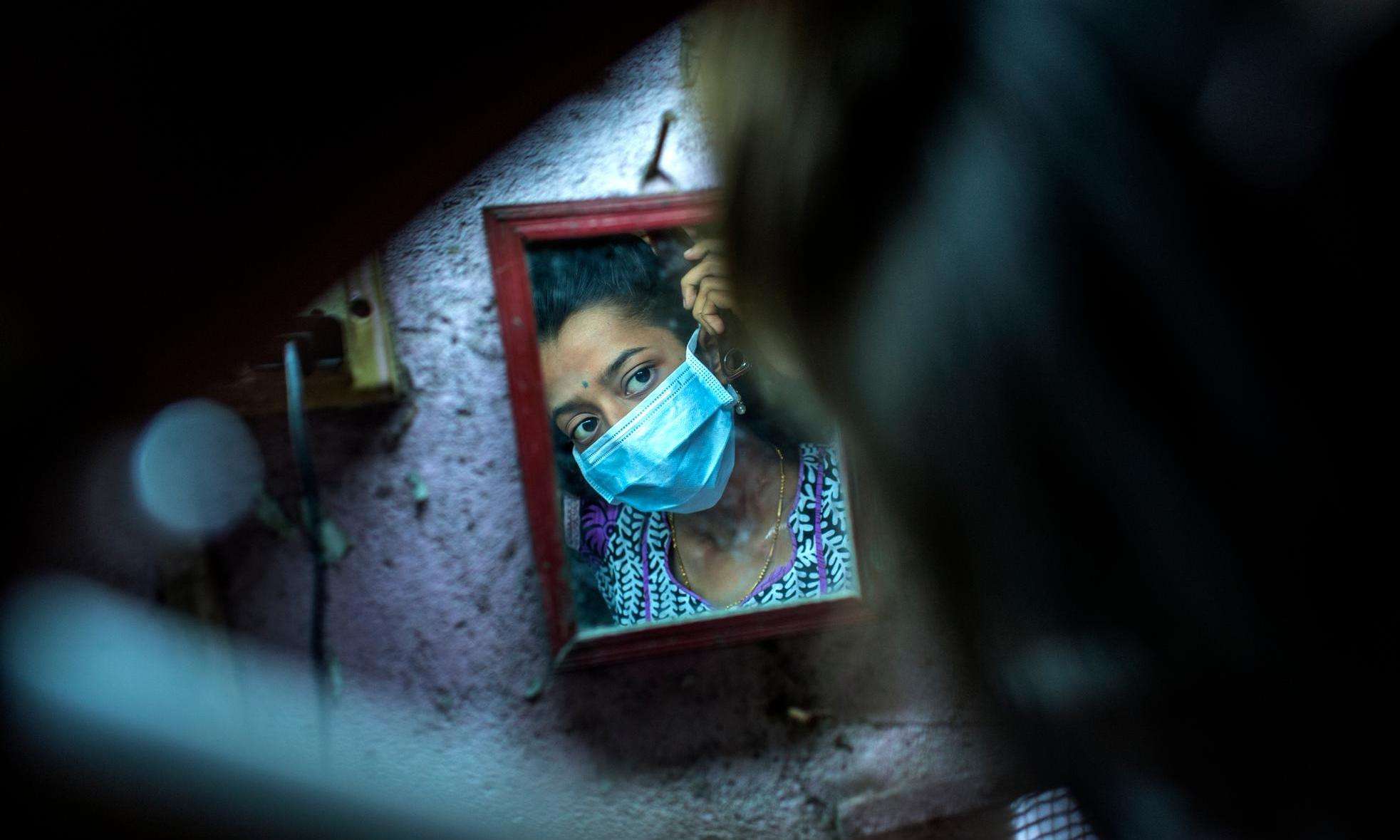MUMBAI/CAPE TOWN/NEW YORK, February 7, 2019—Two tuberculosis survivors filed a patent challenge in India on Thursday to try to block Johnson & Johnson (J&J) from extending its monopoly on bedaquiline, a critical medicine in the treatment of drug-resistant tuberculosis (DR-TB).
The international medical humanitarian organization, Doctors Without Borders/Medecins Sans Frontieres (MSF), is supporting the patent challenge, brought by Nandita Venkatesan from Mumbai, India and Phumeza Tisile from Khayelitsha, South Africa. Both women survived DR-TB but lost their hearing because of the toxicity of their treatments. They are now fighting to ensure that newer drugs like bedaquiline—which are safer and more effective—are made affordable and accessible to everybody with DR-TB so fewer people have to use painful and toxic alternatives.
“I lost my hearing when I was 24 because of the brutal side effect of an injected DR-TB drug,” said Nandita Venkatesan, who completed her treatment in 2015. “I was devastated by this loss, which took a heavy financial, emotional, and mental toll on me. How many more people will have to die or go deaf waiting to access safer and more effective drugs that can save their lives without such devastating side effects?”
If granted, J&J’s monopoly on bedaquiline would be extended from 2023 to 2027, delaying entry of generics by four additional years. This strategy of “patent evergreening” through filing of additional, often unmerited, patents is commonly used by corporations to extend monopolies on their drugs beyond the standard 20 years. Preventing this patent barrier is expected to encourage TB drug manufacturers from India to enter the market with generics and supply bedaquiline at lower prices to national TB programs and treatment providers globally.
Access to and affordability of newer TB medicines is crucial at a time when the standard DR-TB treatment used by most countries has a cure rate of 55 percent. This standard treatment includes drugs that need to be injected daily and are associated with several serious side effects including deafness, psychosis, and even suicide. An estimated 558,000 people developed DR-TB in 2017, but only 25 percent of them were treated.
The World Health Organization (WHO) recently recommended bedaquiline as a core part of an all-oral treatment regimen for DR-TB, and relegated drugs that must be injected and cause serious side effects to last-resort options only. Implementation of WHO’s recommendations by countries will dramatically increase the number of people who should receive this drug, but the medicine can only reach the people who need it if J&J prices it affordably and registers it widely, or stops standing in the way of other manufacturers that want to make cheaper generic versions.
Despite the benefits of the drug, high prices remain a significant barrier. J&J recently announced a reduced price of $400 for six months of bedaquiline treatment for South Africa and countries procuring the drug through the Global Drug Facility, but this falls short of making the drug affordable in all countries affected by the DR-TB epidemic. As of November 2018, only 28,700 people had received bedaquiline worldwide—nearly 70 percent of whom were treated in South Africa.
“The evidence of improved cure rates and lives saved for people with drug-resistant TB using bedaquiline is crystal clear,” said Dr. Anja Reuter, a DR-TB doctor with MSF in Khayelitsha, South Africa. “Bedaquiline is crucial to offering patients a fighting chance without the toxic side effects of drugs that need to be injected. This treatment revolution is already a reality in South Africa, but DR-TB programs elsewhere need this drug at an affordable price. If this patent application is rejected, generic versions of this drug could be available sooner at reduced prices, saving hundreds of thousands of lives and reducing immense suffering around the world.”
The J&J patent application being challenged is for the salt form of bedaquiline. A new formulation of an old drug does not merit patenting under India’s patent law.
“I know what it means to be faced with the choice of being deaf or dead because the only drugs that can save your life will also rob you of your hearing,” said Phumeza Tisile, who completed her treatment for extensively drug-resistant TB (XDR-TB) in 2013, which included toxic injected drugs. “I wouldn't wish anyone to go through what I did with DR-TB. Pharmaceutical corporations like J&J should stop controlling the price of the drug that will restrict people’s access to safer and more effective tuberculosis treatment.”
The development of bedaquiline benefitted from considerable public investment, and the evidence for its potential to improve cure rates with fewer side-effects was the result of a collective effort of the global TB community. MSF is urging J&J to refrain from attempts to extend its monopoly that will further delay the availability of quality-assured generic versions of bedaquiline in India, South Africa, and other countries.
MSF is the largest non-government provider of TB treatment worldwide and has been involved in TB care for 30 years, often working alongside national health authorities to treat people in a wide variety of settings, including chronic conflict zones, urban slums, prisons, refugee camps, and rural areas. Across MSF projects in 14 countries, more than 2,000 people have been treated with the newer drugs—633 with delamanid, 1,530 with bedaquiline, and 227 with a combination of both medicines—as of September 2018.




